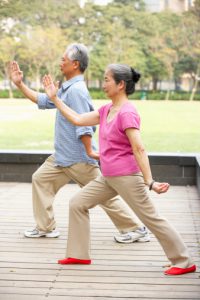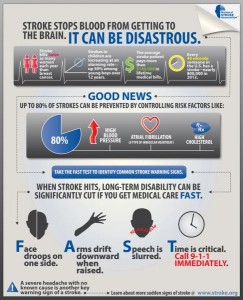In 1992, the month of April was designated as Stress Awareness Month. During this time, health professionals join together to increase the public’s awareness about what causes stress and what can help cure the growing stress epidemic.
Flushing Hospital Medical Center is participating by reaching out to our social media community and sharing some helpful techniques that can assist you in managing your daily stress, such as:
- Meditation – is helpful to the brain’s neural pathways, making you more resilient to stress
- Breathing Deeply – triggers our parasympathetic nervous system, neutralizes stress and elicits a calming feeling
- Exercise – all forms of exercise can ease depression and anxiety by helping the brain releasing feel-good chemicals giving your body a chance to practice dealing with stress
- Eating Healthy – choosing a diet rich in vegetables, fruits, and fiber may reduce the chance that stress can boost the body’s natural defense system
Prolonged, excesive periods of stress is unhealthy for any individual. A change of mindset can bring about a healthier lifestyle. That positive change can help you manage stress and bring far-reaching improvement to your health and well being.
For more information and to find out ways you can make a difference visit – http://stressawarenessmonth.com/
All content of this newsletter is intended for general information purposes only and is not intended or implied to be a substitute for professional medical advice, diagnosis or treatment. Please consult a medical professional before adopting any of the suggestions on this page. You must never disregard professional medical advice or delay seeking medical treatment based upon any content of this newsletter. PROMPTLY CONSULT YOUR PHYSICIAN OR CALL 911 IF YOU BELIEVE YOU HAVE A MEDICAL EMERGENCY.


